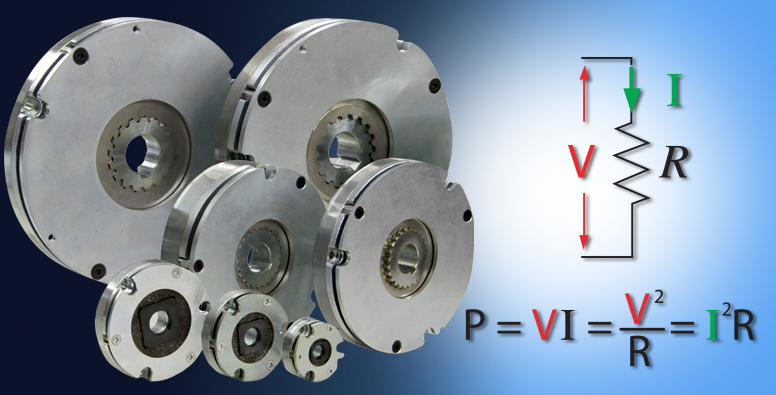
Can I save power without sacrificing performance?
Yes, with low power brakes.
Power is a wonderful thing, unless it works against you of course. For power off brakes, power consumption has traditionally been a design concern for applications like aerospace and inspection and bomb disposal robots. Today, the industry is seeing a rapid increase in the number of battery powered machines such as mobile and medical robotics and battery powered vehicles, both small and large. This requires a refreshed look at our power consumption.
Power consumption does two things: It drains your battery and it generates heat. Luckily, there are solutions. A common way to reduce power draw, is to use a brake that is designed for pulse width modulation operation, PWM. For example, a specialized brake design can be optimized to disengage at some voltage (say 24-48VDC) and then after disengagement, the average voltage can be lowered (say 12VDC) to keep it disengaged. For applications requiring frequent movement, this is a true power saver.
Excess power supplied to a brake results in heat and other concerns. Heat naturally degrades many components, and in particular it breaks down brake coil insulation over time. By eliminating excess heat, the brake system will have longer life.
Ogura MCNB-T and RNB-T are two examples of power off brakes with optimized designs to reduce power consumption. While Ogura offers special designs to meet nearly any design requirements, the standard static torque range of these series is 0.24 lb-ft (0.32 Nm) to 36.9 lb-ft (50Nm). These brake models are also very thin, intended to meet today's additional design challenges of limited space and lower weight.
Benefits you will see using Ogura holding brakes:
- Lower power consumption
- Longer battery life
- Less heat
- Longer component life
- Compact design
- Less mass